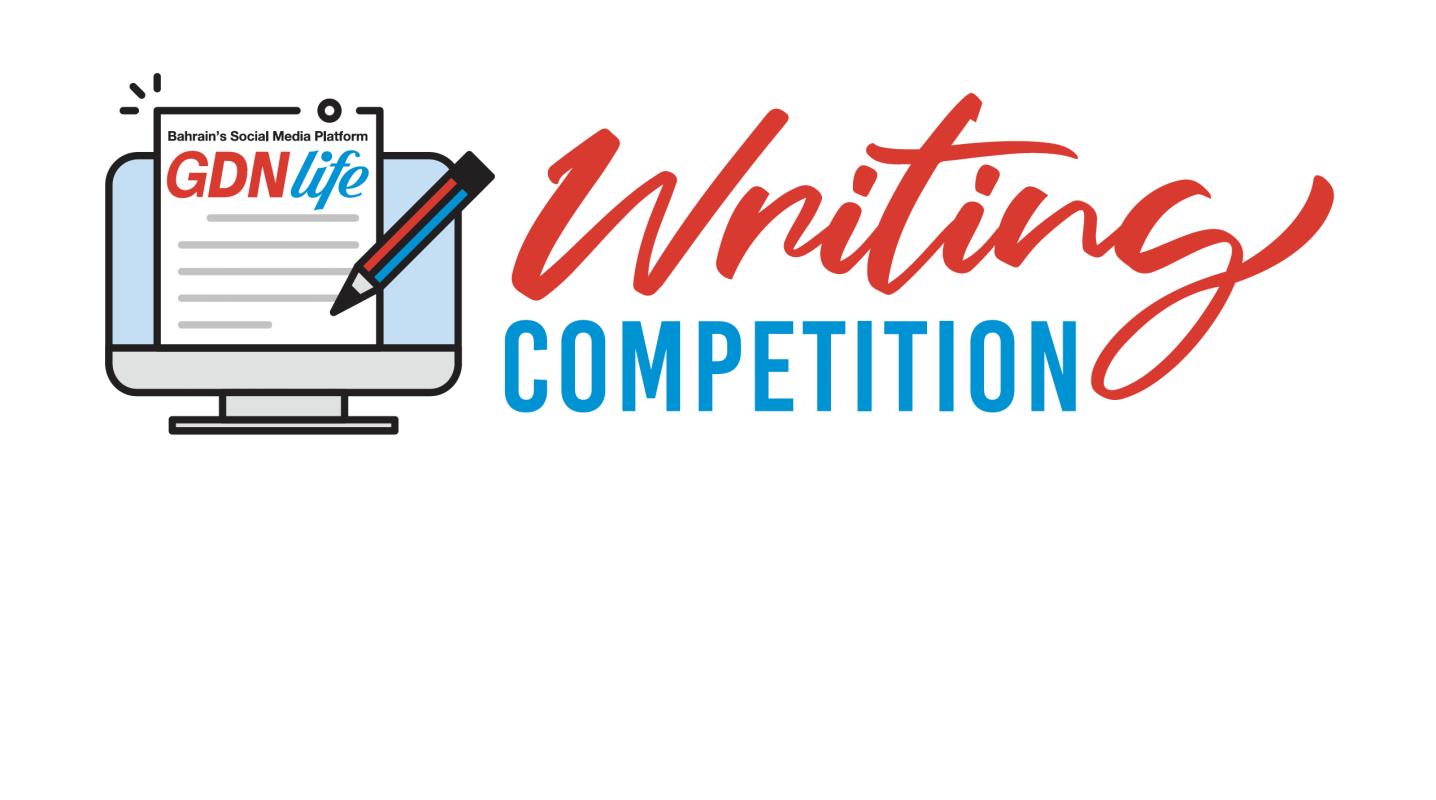Introduction / Background
XBRL stands for (Extensible Business Reporting Language) and it is based on XML syntax by using XML technology. It is also a wide and open-access source of exchanging business information in a global scenario. XBRL uses the expression of semantic meaning which is commonly required in the world of the business reporting environment. XBRL is currently in use around the world in approximately more than 50 countries on the globe and is managed by a non-profit consortium. It is an open international standard based on digital financial and non-financial documents. Every year millions of documents are created on XBRL which replace paper-based documents and are easily available to a wide range of users with accuracy. The phenomenon of change from paper base to HTML-based digital documents is the same as film-based photography to digital nowadays. Like in digital photography you have versatile expression add, when documents are kept digitally you may have large freedom to play with cause-effect technique. In XBRL as the documents are in digital format and it is easy to share and make a variety of versions by altering the variables used in reporting the result to see the prospective effect of each change.
Usefulness
Considering the discussion, we can take advantage by using the XBRL in the following manner:
- It helps in reducing costs.
- With the digital transformation, we can improve the accessibility of financial information.
- It provides ease to the user in comparability with other information.
- It also increases productivity by effective use of information.
- It improves the quality of data and enhances the validity.
- Due to open access information, it also increases the data transparency and many more.
- It also allows the exchange or sharing the business information across the reporting chain.
XBRL also allows the creation of business rules that constrain what can be reported. Business rules can be logical or mathematical, or both. These business rules can be used to:
- Stop poor quality information from being sent to a regulator or third party, by being run by the preparer while the report is in a draft.
- Stop poor quality information from being accepted by a regulator or third party, by being run at the point that the information is being received. Business reports that fail critical rules can be bounced back to the preparer for review and resubmission.
- Flagging or highlighting questionable information, allowing prompt follow up correction or explanation.
- Create ratios, aggregations, and other kinds of value-added information, based on the fundamental data provided.
Operating style of XBRL
The working of XBRL based document is supported by a unique tag generally termed bar code reporting. As the information is tagged with a unique code. It is not easy to make any unauthorized falsified alterations. The system of keeping documents through the XBRL gives freedom to the users in the following ways:
- People publishing reports with confidence that the information contained in them can be consumed and analyzed accurately.
- People consuming reports to test them against a set of business and logical rules, to capture and avoid mistakes at their source.
- People using the information to do in the way that best suits their needs, including the use of different languages, alternative currencies, and their preferred style.
- People have confidence that the data provided to them conform to a set of sophisticated pre-defined definitions in preparation, validation, publication, exchange, consumption, and analysis of business information.
The information is kept as per the XBRL standards which are interchangeable between different reporting information systems, so it is easily exchangeable between the reporting chain. XBRL also allows the tagging of transactions that can themselves be aggregated into XBRL reports, which allows the system to exchange the information independently and perform analysis of significant quantities to support the transformation of a reporting system.
Users of XBRL
The international XBRL consortium is supported by more than 600-member organizations, from both the private and public sectors. The standard has been developed and refined over more than a decade and supports almost every kind of conceivable reporting and provides a wide range of features that enhance the quality and consistency of reports, as well as their usability. XBRL is used in many ways, for many different purposes by different people and organizations, including:
Accountants – Use XBRL in support of client reporting requirements and producing the XBRL reports for further analysis of financial performance.
Companies – Use the XBRL system to generate reports related to the financial affairs of the company to move information around the group with accuracy and reliability. They also use it to generate the reports that need to submit to the regulators. This supply chain for the exchange of information also helps management in managing the risk profile and measuring the activities of the company.
Regulators – There are different dimensions where regulators need information for different purposes like; Financial regulators have an interest in XBRL for managing the reporting that need significant amounts of complex performance and risk information about the companies that they regulate. Securities regulators and stock exchanges need the information to analyze the performance and compliance of listed companies and securities and need to ensure that this information is available to markets to consume and analyze. Business regulators need information and reporting to receive and make a range of corporate data about private and public companies, including annual financial statements publicly available. Tax authorities and concern regulators need financial statements and other compliance information from companies to process and review their corporate tax affairs. Statistical and monetary policy regulating authorities need financial performance information from many different organizations for analyzing the future trends and set the economic policies for the country and sectors as well.
Government – Government agencies use the XBRL to simplify the reporting and share mechanism and reducing the red tape line by harmonizing the reporting procedure and keeping consolidated obligations. This will also improve the government reposting produced in the public domain in terms of published information.
Data providers – As they are the specialist and need data and information for the specialized purpose in the analysis. That is why data providers that use performance and risk information published in the marketplace and create comparisons, ratings, and other value-added information products for other market participants.
Analysts – They need the information to understand the relative risk and performance of the companies, to analyze the level of risk. XBRL provides them a better platform for consolidated information that can easily be accessed and shared. It also helps them to devise strategies for mitigating the risk level. They also provide analytical reports for investors to take their potential investment decisions.
Conclusion
Finally, we can conclude that XBRL allows the creation of reusable, authoritative definitions, called taxonomies, that capture the meaning contained in all the reporting terms used in a business report, as well as the relationships between all the terms. Taxonomies are developed by regulators, accounting standards setters, government agencies, and other groups of stakeholders that need to clearly define the information that needs to be reported. XBRL does not limit what kind of information is defined: it is a language that can be used and extended as needed. XBRL is supported by a very wide range of software from vendors large and small, allowing a wide range of stakeholders to work with the standard.



























































